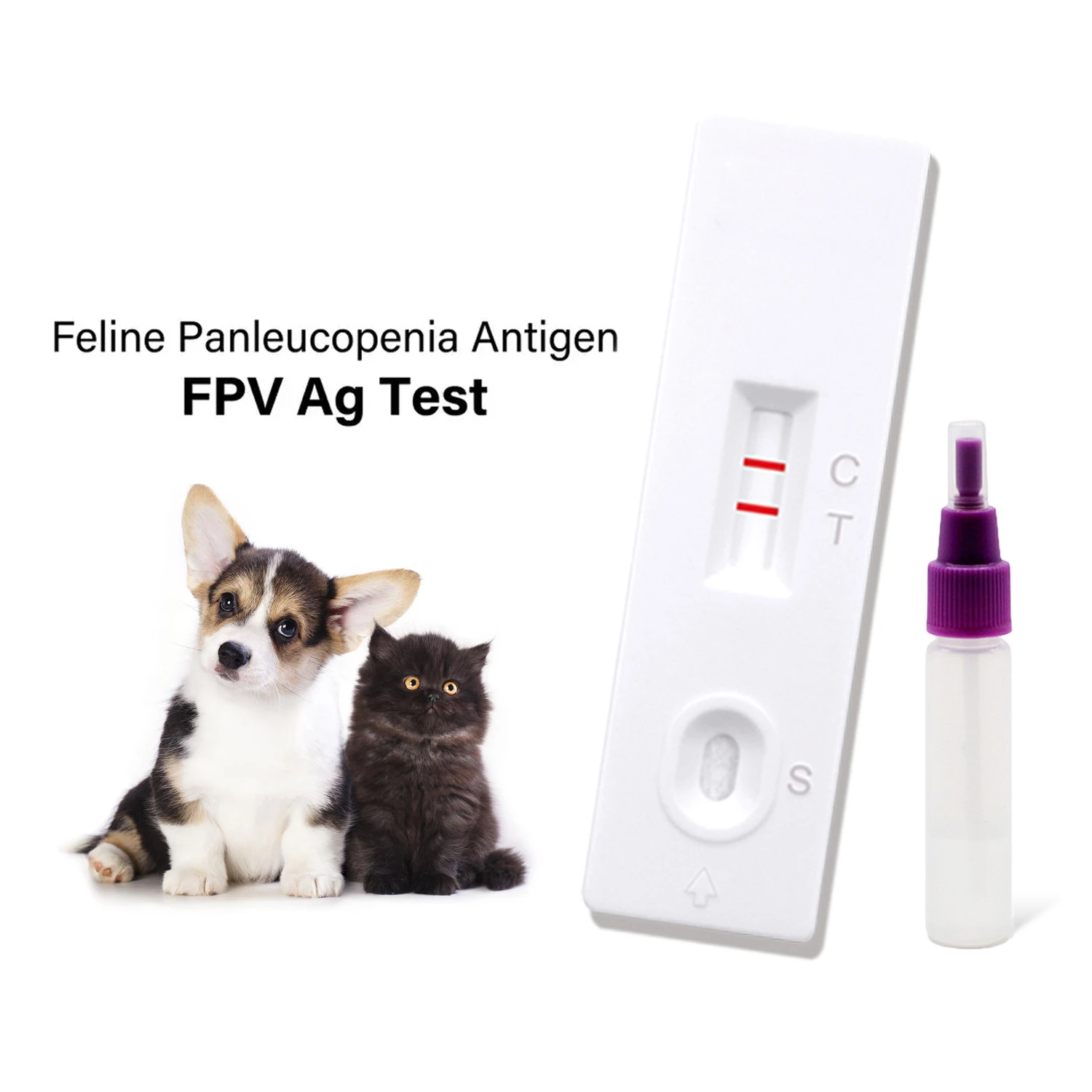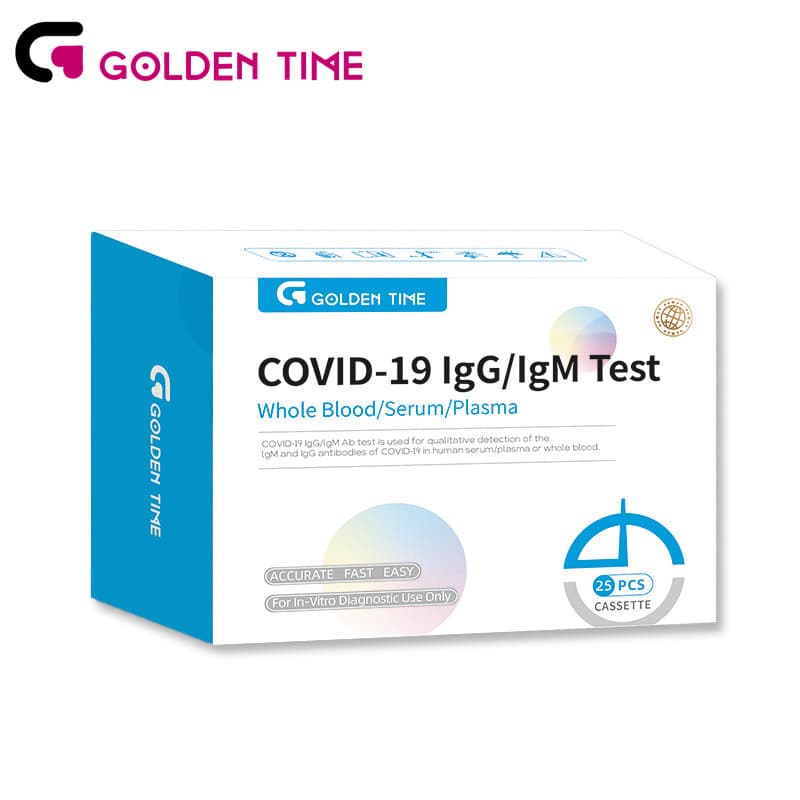feb . 14, 2025 14:44 Back to list
chikungunya ab(igm) test
Chikungunya disease, often a concern for travelers and inhabitants in tropical and subtropical regions, is a mosquito-borne viral illness that can cause debilitating joint pain and fever. The need for precise, reliable testing is critical in diagnosing and managing this disease. As the world increasingly interconnected and global travel prolific, understanding the intricacies of chikungunya testing becomes imperative not only for medical professionals but also for patients seeking clarity and assurance.
The rising demand for accurate chikungunya diagnostics has spurred innovations in testing, striving not only for technical excellence but also for accessibility and affordability – vital factors for the regions most affected by the disease. Point-of-care tests are emerging as a promising solution, offering rapid results without the need for extensive laboratory facilities. These advancements aim to empower clinicians in remote and resource-limited areas with the necessary tools to manage chikungunya effectively. Trustworthiness in chikungunya testing, as in any medical practice, is paramount. Medical professionals rely on validated tests and proper procedures to ensure the highest degree of accuracy. Laboratories offering chikungunya testing must adhere to stringent quality controls and regulatory standards, often subject to international scrutiny to authenticate their reliability. For patients, seeking testing in accredited laboratories is essential. With the correct diagnosis, individuals can seek out appropriate treatments and mitigate complications, emphasizing the importance of stringent, reliable testing practices. Finally, public health entities and healthcare providers must continue to educate communities on the significance of early testing and preventive measures such as mosquito control to curb the spread of chikungunya. Engagement with local populations about the symptoms and impact of chikungunya increases awareness and drives demand for trustworthy testing. Empowered with knowledge and access to reliable diagnostic methods, communities can more effectively manage and control the impact of chikungunya disease. Understanding and leveraging the advantages of chikungunya disease tests are not only a demonstration of technical expertise but also a crucial component in maintaining authority and trust within the healthcare landscape. As innovations continue to advance testing capabilities, the overarching goal remains to deliver reliable, accessible, and effective diagnostics, guiding timely and accurate treatment in the battle against chikungunya.


The rising demand for accurate chikungunya diagnostics has spurred innovations in testing, striving not only for technical excellence but also for accessibility and affordability – vital factors for the regions most affected by the disease. Point-of-care tests are emerging as a promising solution, offering rapid results without the need for extensive laboratory facilities. These advancements aim to empower clinicians in remote and resource-limited areas with the necessary tools to manage chikungunya effectively. Trustworthiness in chikungunya testing, as in any medical practice, is paramount. Medical professionals rely on validated tests and proper procedures to ensure the highest degree of accuracy. Laboratories offering chikungunya testing must adhere to stringent quality controls and regulatory standards, often subject to international scrutiny to authenticate their reliability. For patients, seeking testing in accredited laboratories is essential. With the correct diagnosis, individuals can seek out appropriate treatments and mitigate complications, emphasizing the importance of stringent, reliable testing practices. Finally, public health entities and healthcare providers must continue to educate communities on the significance of early testing and preventive measures such as mosquito control to curb the spread of chikungunya. Engagement with local populations about the symptoms and impact of chikungunya increases awareness and drives demand for trustworthy testing. Empowered with knowledge and access to reliable diagnostic methods, communities can more effectively manage and control the impact of chikungunya disease. Understanding and leveraging the advantages of chikungunya disease tests are not only a demonstration of technical expertise but also a crucial component in maintaining authority and trust within the healthcare landscape. As innovations continue to advance testing capabilities, the overarching goal remains to deliver reliable, accessible, and effective diagnostics, guiding timely and accurate treatment in the battle against chikungunya.
Latest news
-
Dengue NS1 Rapid Diagnostic Test Kit
NewsMar.07,2025
-
Dengue NS1 Rapid Diagnostic Test Kit
NewsMar.07,2025
-
Dengue NS1 Rapid Diagnostic Test Kit
NewsMar.07,2025
-
Transferrin Rapid Test Cassette Tumor Marker TF Card
NewsMar.07,2025
-
Malaria Pf Pan Rapid Diagnostic Test Kit
NewsMar.07,2025
-
malaria pf / pan ag rapid test
NewsMar.07,2025

